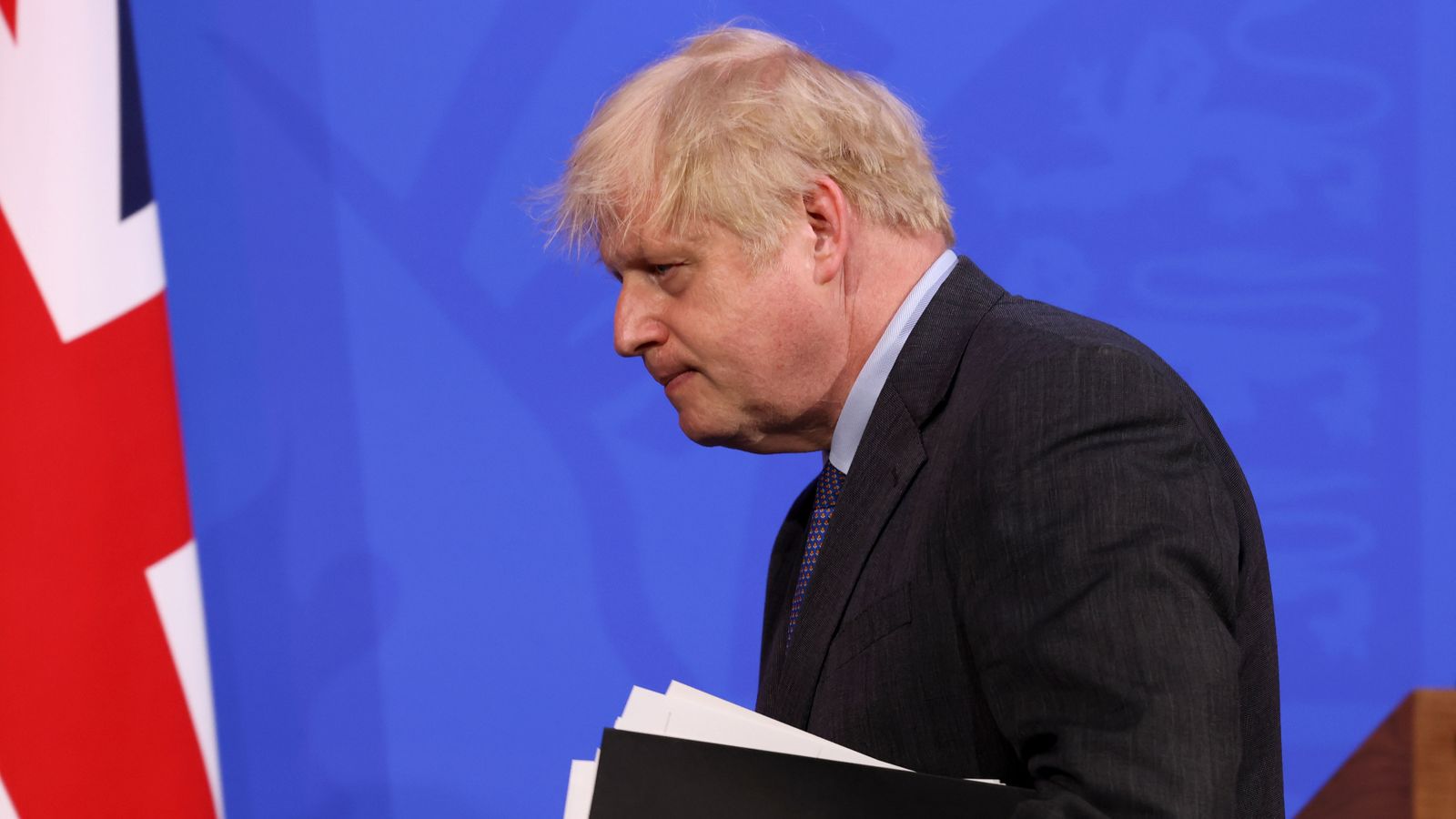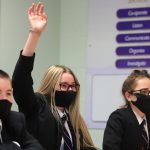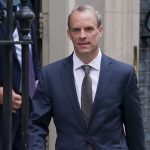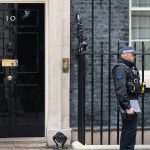A prime minister who would rather be Mr Delay now than Mr Reverse in a few weeks’ time, Boris Johnson said he wanted to chart a “cautious but irreversible” route out of lockdown.
Weeks ago the UK looked on track. Millions of people being vaccinated, ahead of most countries around the world. After the debacle of the autumn dithering and lockdown delay, the government seemed much more organised, until the Delta variant of COVID blew it off course.
So now the prime minister wants to delay the final unlock in order to double vaccinate more people, after two new pieces of information emerged in recent weeks: the Delta variant is 40 to 80% more transmissible than the Kent variant and one dose of the vaccination is only 33% effective against this particular strain of the virus.
This all means that the government hasn’t passed two of the four tests it laid out for itself in February when the re-opening timetable was announced: the assessment of risk has changed by new variants of concern. And that has a knock on for the NHS, with the government now unable to say with confidence infections rates will not lead to a surge which would put unsustainable pressure on the NHS.
But that too is far from clear: the Scientific Advisory Group said the link between rising cases and hospitalisations is “one of the key uncertainties in the modelling”.
Modellers thought the most likely outcome of unlocking as planned would lead to a summer peak similar to last spring’s but uncertainty about the spread of the new variant meant there was a chance of a spike bigger than that in January.
But what the prime minister was certain of is that re-opening now rather than jabbing more people first would lead to thousands more preventable deaths. And it’s that he wants to avoid.
So, instead of unlocking next week, the race is on to give more people two doses in order to better protect people and therefore squash the sombrero of the third wave ahead of the final unlocking.
Delaying will allow more vaccines to be given by reducing the dosing intervals for over-40s from twelve to eight weeks by the week of 19 July. The target is to offer all over-18s a first jab and two-thirds of adults both jabs by the week of 19 July.
Sir Patrick Vallance, the government’s chief scientific adviser, said this delay would reduce the peak by 30 to 50%, while also having the added advantage of completing the unlocking the week in which schools are due to break up – a natural circuit-breaker – as the government continues to vaccinate the rest of the population (Sir Patrick said all adults should have had both jabs up to 12 weeks after 19 July, so by 27 September).
Sir Patrick stressed today that the vaccination really was the route out of restrictions as he explained the reason for the four-week delay.
Public Health England analysis shows vaccines are highly effective, with the Pfizer vaccine giving 96% protection against hospitalisation after two doses and Oxford-AstraZeneca 92%.
But some MPs fear that the restrictions might not end on 19 July – with affected businesses deeply worried. The prime minister says this is the “terminus” date but adds he cannot exclude the possibility of new variants emerging.
And there is anger too, with Labour accusing the government of sabotaging its own roadmap by failing to put India on the red list earlier in April. Bangladesh and Pakistan were red-listed in early April and yet India wasn’t added until 19 April (with the measure coming into force on 23 April).
That gap matters because that’s when the variant potentially took hold: the government has said again and again that this decision to delay was nothing to do with a planned (and then aborted) PM visit to India at the end of April – but it’s a statement that opposition politicians don’t buy.
Despite all of that, the majority of the public are backing a short delay, according to recent polling. And it was a sentiment I heard time and again on Monday when I chatted to people in Exeter about how they were feeling about pausing the roadmap. Those I spoke to were quite happy – or at least resigned – to a delay as long as it didn’t mean we’d go into reverse.
The prime minister told me at the G7 in Cornwall on Saturday that the “scientists are agreed on one thing – they do not think there is any case for going into reverse”.
But the government cannot guarantee that, come July, restrictions will be gone for good. The PM on Monday was buying for time. Four more weeks to freedom?
Fifteen months into this pandemic and 71 million doses of vaccine given out, and we still don’t know when we can gather at a bar, or jet off on holiday, or ditch the masks. We are going to have to live with the virus forever and there is, for now, still uncertainty about what life looks like beyond 19 July.






















